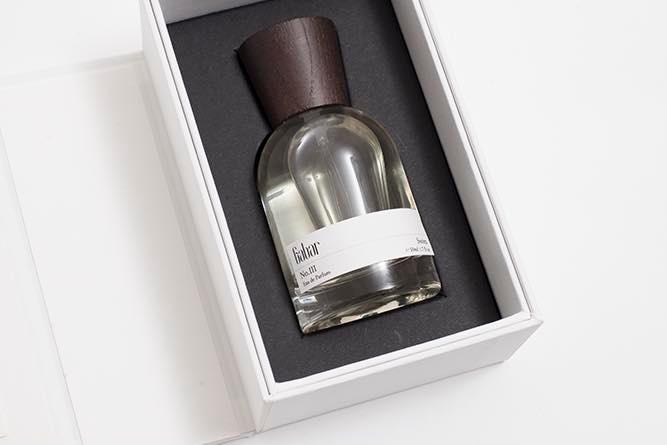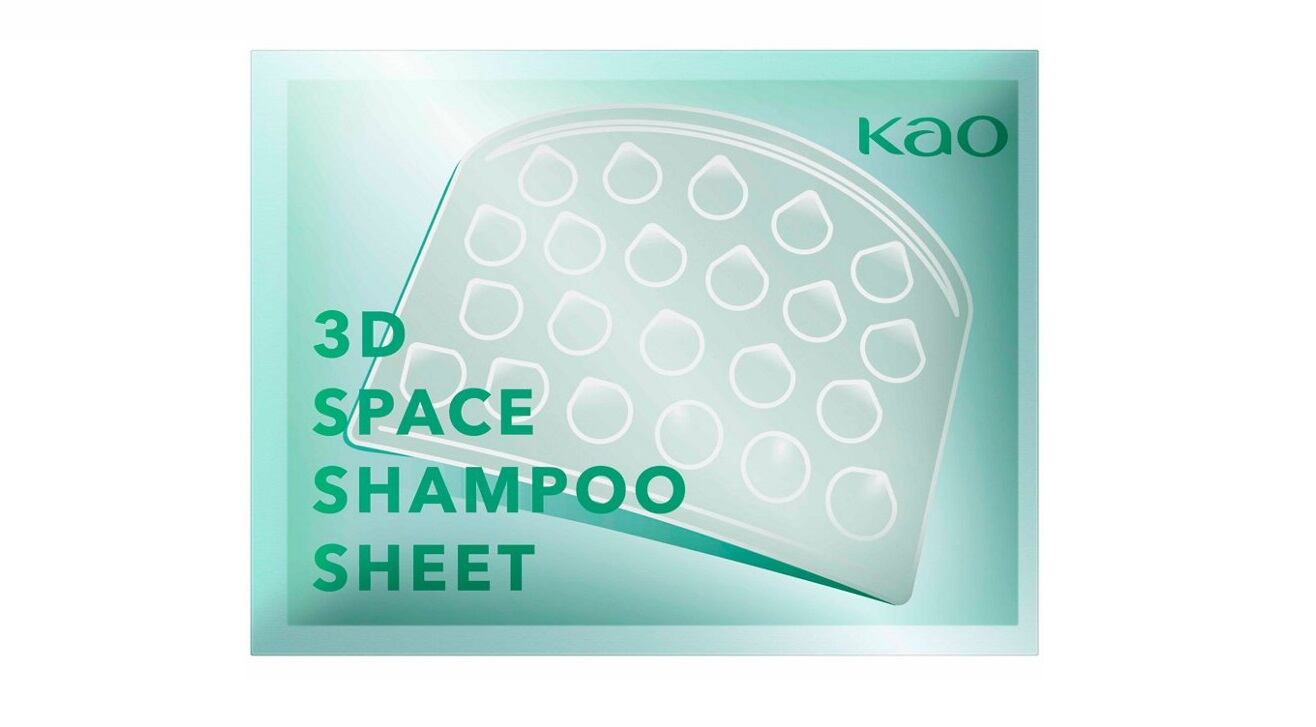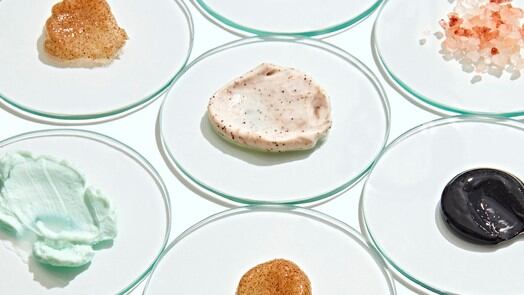SkinDNA CEO Stefan Mazy believes skin genetic testing companies are now facing the challenge of giving skin care consumers information about their products immediately.
“We're now in a new era where people want more real-time information. They don’t want to wait to see the visible signs [of improvement], because that could take months. They want to know what the results going to be now.”
[DNA vs RNA as explained by SkinDNA CEO Stefan Mazy]
In the last couple of years, the company has been looking into ribonucleic acid (RNA).
“DNA are things you are born with and tells you what protein to make and RNA tells you when to activate it,” explained Mazy.
“RNA will tell your body that when you're in the sun, that's when you should make melanin to protect you from the sun’s rays. It sort of tells you in real-time and triggers certain genetic responses. This is where the next evolution of genetics is really starting to take shape,” said Mazy.
The company recently announced that it had developed SkinRNA, a wearable patch for collection and subsequent analysis of skin RNA. This product would allow consumers to get targeted product recommendations and results tracking.
The patch solved the biggest problem in collecting RNA information – the need for a skin biopsy.
“From a beauty perspective, nobody wants to cut their face just to find out what's going on. So, for about two and a half years, we’ve worked on a new device, a microneedle patch. It’s an adhesive that you put on your skin, and it collects some skin cells, which can then be sent to our lab for analysing and what we can actually identify certain genes that are active in real-time.”
The company has developed algorithms that can give users information such as collagen production levels and pigmentation levels, which can then be used to determine the products that the skin can benefit from.
Furthermore, the user can retake the test in about 40 days and find out how well the new products are working on the skin.
“We can make recommendations that are brand or product-specific. The user can then use the products for about 40 days. And then they can recollect the sample. So, once they recollect, we can then actually re measure what genes have been activated or increased because of the product usage,” said Mazy.
“We can basically quantify that you've got a 30% increase in collagen production from using these particular ingredients in this product. It's a new way of understanding in real time, what is working for you, rather than having to wait to see visible results.”
Applications beyond skin care
Mazy told CosmeticsDesign-Asia that we could expect to see it out in the market in approximately a year.
“The goal ultimately is to partner with skin care brands. We want to change what marketing claims are and allow the user to know for themselves if this product is really right for them…We want to partner with skin care brands to help show that we don't need marketing to show that the products work because we have science.”
SkinDNA is currently in talks with three large skin care companies to supply its device, one of which is Colgate-Palmolive.
The consumer goods major recently awarded SkinDNA with U$15,000 for taking one of the three top spots of its inaugural global pitch competition, Colgate Connect Challenge.
Mazy declined to name the other two companies but hinted that they were “on the same level” as Colgate-Palmolive.
Beyond skin care, Mazy said the company was very interested in exploring medical applications of the microneedle patch as an alternative to a skin biopsy.
“For skin cancer detection, you go to a dermatologist to get a skin biopsy. We can potentially replace the need to cut into somebody's skin for cancer detection. We have a simple patch that is pain-free and can be done at home. From the medical perspective, we're keen to explore that.”
Further down the line, the company envisions that its devices can help it develop a library that can match ingredients to genetics, said Mazy.
“The long-term goal is that we don't need customers to use a specific brand, we can actually go through our library of all the ingredients and say, based on your results, these are the ingredients. and these are the percentages you should be using to help you have the most optimal gene activation. That's probably five or six years away, because we would need to build the library and in order to do that, we need to partner with the bigger companies.”





